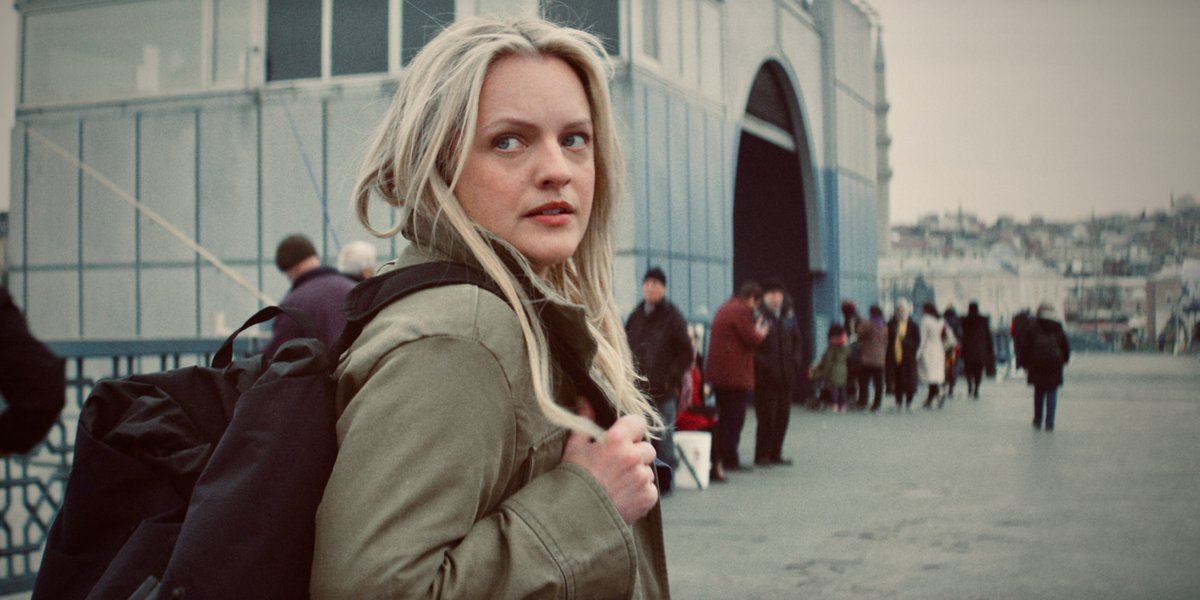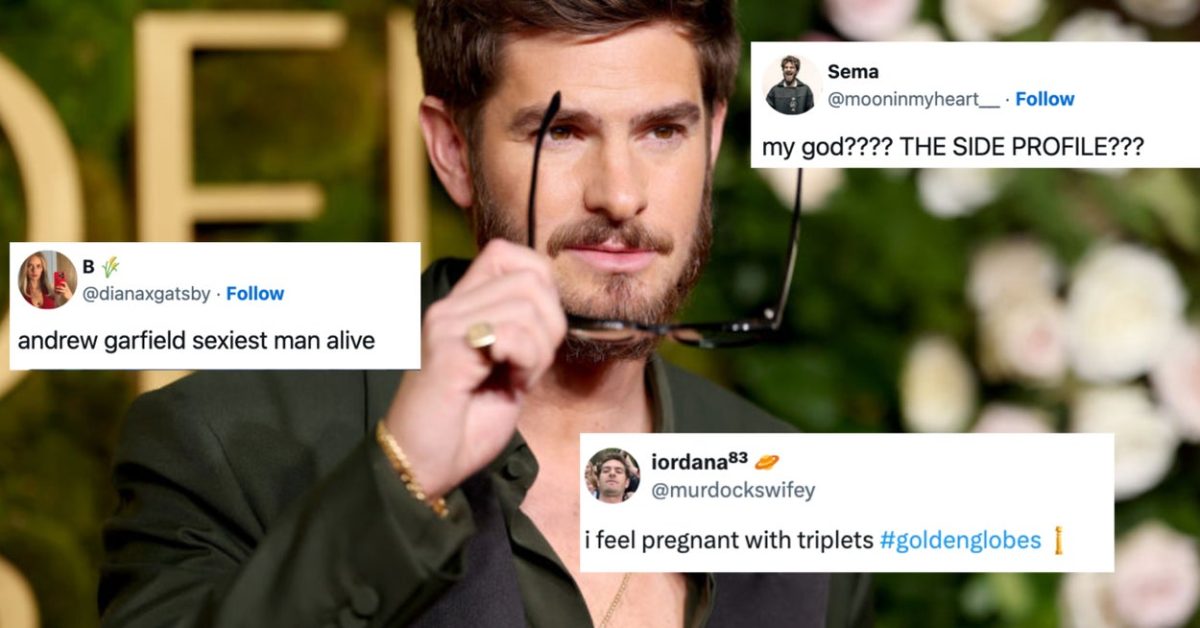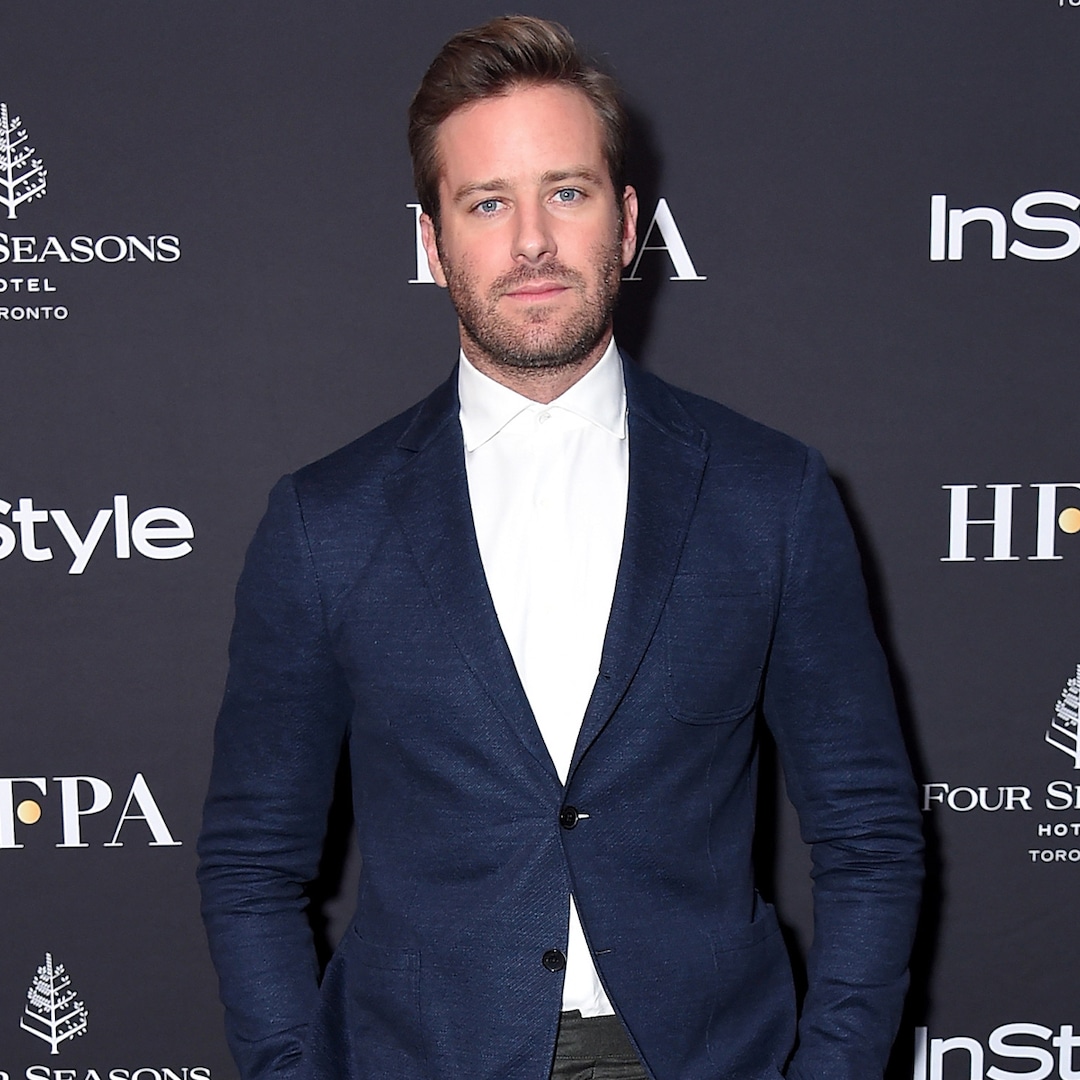
Obsessive Elisabeth Moss Spy Drama Gets Buried Under Melodrama
Apr 24, 2024
There’s an intriguing show somewhere buried within the mysterious shrouds of “The Veil,” the new FX international spy drama from creator/writer Steven Knight (“Peaky Blinders”), that’s just a little too slippery for its own good. Truthfully, it’s there front and center from the start, a series about shapeshifting spies that lose their sense of identity and self because of all the surreptitious double lives they are leading, a strong concept. But “The Veil,” coming out of the gate strong, soon succumbs to a sensational frothy state of melodrama that quickly becomes too over-the-top and overloaded with emotional baggage to bear. Because it wouldn’t be an Elisabeth “Queen of Trauma” Moss series if the lead weren’t burdened with years of damage and backstory, afflictions that are generally gripping and affecting in most of the similarly-minded mini-series she stars in. But here, it’s all just too overwrought and crippling.
READ MORE: The 70 Most Anticipated TV Shows & Mini-Series Of 2024
Moss stars as Imogen Salter—at least that’s the name and identity she chooses at the start—an obsessive m16 operative who excels at what she does, and what she outrivals anyone else at is posing as someone else, earning the trust of others and flushing out their truths. Her stock and trade are deceptions, and “The Veil” begins at an airport where she meets a contact. Going under the name of Portia, she’s wrapping up an assignment and tells an unsuspecting foe she’s duped that while he might be pleased with how their business has concluded, she doubts he’ll feel the same when Interpol arrives in five minutes and arrests him.
“No fuss, no muss,” she says about her completed operation and asks to be named Imogen by an unseen handler on the other end of the line. Her next assignment is on the road from Istanbul to Paris. At a wintry refugee camp on the Syrian and Turkish border overseen by the United Nations, Syrian refugees and witnesses claim that they have seen “Djinn al Raqqa,” rare, female high-level commanders of ISIS. Separated and detained after chaos bursts out in the camp after the supposed sighting of this “Daesh,” this woman, Adilah El Idrissi (Yumna Marwan) claims she is Parsian/Algerian and this is all a misunderstanding—she’s a victim of mistaken identity.
Posing vaguely as some NGO humanitarian aid worker to help Adilah, Imogen’s true mission is as an undercover operative for the French DGSE, reporting back to her French/Algerian handler and lover Malik Amar (a solid Dali Benssalah). Her assignment is to help Adilah escape the refugee camp, pose as an empathic ally, earn her trust, and confirm whether or not she’s the notorious “Djinn al Raqqa” ISIS leader that is supposedly part of a breakaway ISIS cell planning a large-scale attack on an unnamed U.S. city, ten days from now. DNA testing has been inconclusive, the cowboy Americans and CIA—led by the cocky alpha male Max Peterson (Josh Charles)— are closing in and time is running out for Imogen and this joint M16/DGSE operation.
Stealing a car and breaking Adilah out of the camp, Imogen takes her on the long road to Paris, and thus the real show emerges, a complex cat-and-mouse game of truth and lies, where Imogen helps Adilah, but trust is in short supply. Adilah knows the enigmatic Imogen is not who she says she is but needs her help and resources. Imogen is convinced that Adilah is indeed the ISIS leader, despite new evidence that comes out that points to the contrary. So, against orders to stand down, Imogen persists in her obsession with outfoxing her opponent and ferreting out the truth of it all. This theatrically-rendered flaw of hers—taking everything too far and making it too personal, even when it isn’t—is essentially always her undoing and the reason she butts heads with fellow operatives. It’s also why she’s so good at what she does, but everything about it, including Moss’ strained English accent, makes it all too agitated and sometimes overbearing.
Along the way, the women bond and can’t help but empathize with one another, especially Imogen’s empathy for Adilah’s daughter in Paris, whom she’s been separated from for years. It’s part “Thelma & Louise” and part “Jason Bourne,” and these two disparate notes don’t work all that well together.
But “The Veil” is simultaneously too dense with spycraft plot stuff and too vague about both women’s past traumas. Imogen is deeply elusive about who she is, and Adilah has no reason to trust her. And without getting too deep into spoilers, while yes, Adilahneeds her. And maybe she needs assistance in reconnecting with her daughter. Still, Imogen is so evasive along their journey to Paris that it becomes deeply credulity-straining that she doesn’t ditch the spy the second she gets the chance. Promises are made between the two women, and something of a love story blossoms between them—no, not sexual or romantic—more of a kinship of sisterhood, but even this idea often becomes dubious and naiveté straining given how at odds they fundamentally are.
Directed by Damon Thomas (“Dracula”) and Daina Reid (“The Handmaid’s Tale”), with lots of translucent memory flashes to Imogen’s traumatic past and cinematic snapshots of manipulative men, absent fathers and other daddy issues, these flashback sequences that “The Veil” loves to cut to often, or start sequences in—especially in one of Imogen’s boozy escapes—are annoyingly overwrought. Some of its obvious and overt use of pop music feels similar to how “Killing Eve” (a series Thomas spent a long time on) eventually lost its way, buried underneath the weight of one too many stylish hits.
At first, the fraught relationship between Imogen and Adilah compels Marwan to give as good as she gets and is a surprisingly strong equal to the established Moss. But even over a very brief six-episodes, “The Veil” runs out of gas and spins its wheel around the midway point. While the spycraft ego jockeying and intelligence agency frictions between the Americans and the French can be compellingly entertaining—Charles makes on an excellent jackass American butting heads with the more reserved French Benssalah—there’s only so much mileage this subplot can sustain.
There’s a great international cast at work here; Alec Secareanu stands out as an ISIS operative, and Thibault de Montalembert stands out as Magritte, Malick’s calm and collected DGSE boss. James Purefoy, Kobna Holdbrook-Smith, and Haluk Bilginer also co-star in supporting turns. And, of course, there’s Elisabeth Moss, who’s always compelling and effortless to watch.
But this spy thriller ultimately isn’t just that thrilling, and the melodrama between the two women—the push and tug of trust and deceit—gets overcooked and overdone. By the time the show ends, somewhat anti-climatically, the brown people of the story getting the worst of it, of course, you’re just exhausted by it all.
Worse, the reasons for Imogen being who she is—fearless, obsessive, pushing all limits to uncover the truth—are all rooted in her trauma dump backstory that is revealed in the back half of the series (more lies and duplicities carried out by calculating father figures who betrayed her; it all just feels too heavy-handedly obvious)
“The Veil” is essentially a ticking clock spy series; a sharp and bold agent—often too brash and compulsive in her methods—must cunningly wrest information from a woman who might be the most dangerous woman on earth, all the while trying to save an unknown American city from a disastrous terrorist attack. The way Knight tries to craft the personal and emotional on top of the plot to give it meaning and weight is appreciated but ultimately does itself no favors. Capital T trauma gets a bad wrap in TV and movies, it is, after all, the emotional quality that defines us and when used well, it can be spellbindingly texture (and for what it’s worth, I’m usually the first to defend it). But “The Veil” just gets too bogged down in psychic, emotional suffering and too histrionic and theatrical about it all. Ultimately, this may track, “The Veil” is about actors, good and bad faith ones, all performing and living different lives for a living. If only that cunning performative theme amounted to something thrilling in the end. [C+]
Publisher: Source link
Aubrey Plaza Issues Statement After Jeff Baena’s Death
The 40-year-old star and Jeff’s family issued a statement to People on Monday, where they called their loss an “unimaginable tragedy.”The Los Angeles County coroner’s office previously determined that Jeff died by suicide in his LA home. He was 47…
Jan 10, 2025
Jill Duggar’s Husband Clarifies Where He Stands With Jim Bob Duggar
Jessa Duggar (m. Ben Seewald)Jim Bob and Michelle's fifth child, Jessa Duggar, was born Nov. 4, 1992. Jessa met Ben through church and he began courting her in 2013—the old-fashioned approach to romance coming as a brand-new notion to a lot…
Jan 10, 2025
The Internet Has Officially Lost It Over Andrew Garfield's Slutty Glasses
That man knew exactly what he was doing with those glasses.View Entire Post › Disclaimer: This story is auto-aggregated by a computer program and has not been created or edited by filmibee.Publisher: Source link
Jan 9, 2025
Armie Hammer Lands First Movie Role Since Cannibalism Allegations
Armie Hammer Cameos As “Kannibal Ken” in Music Video 4 Years After Cannibalism ClaimsArmie Hammer is heading back to the big screen. More than one year after the Los Angeles Police Department ended their lengthy investigation into the Call Me…
Jan 9, 2025











